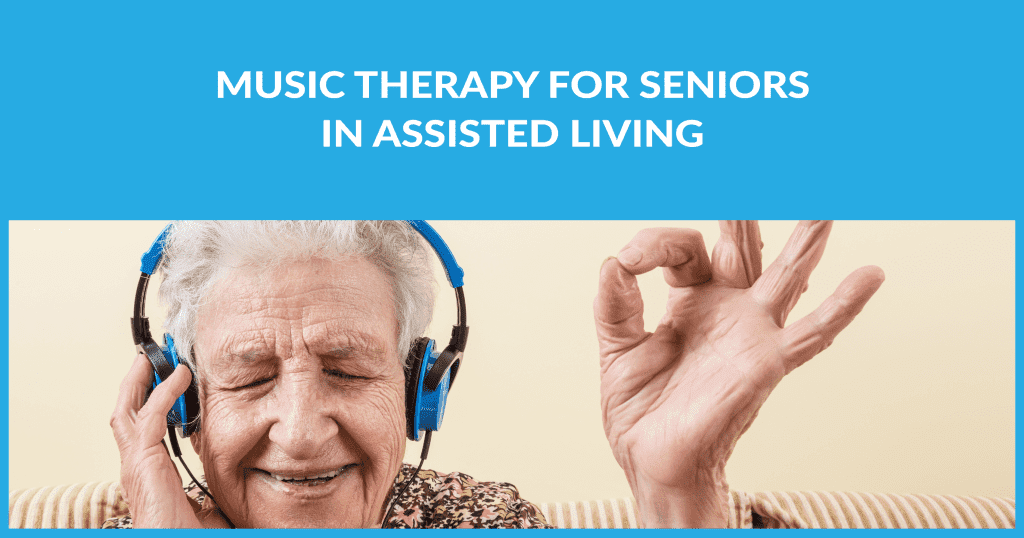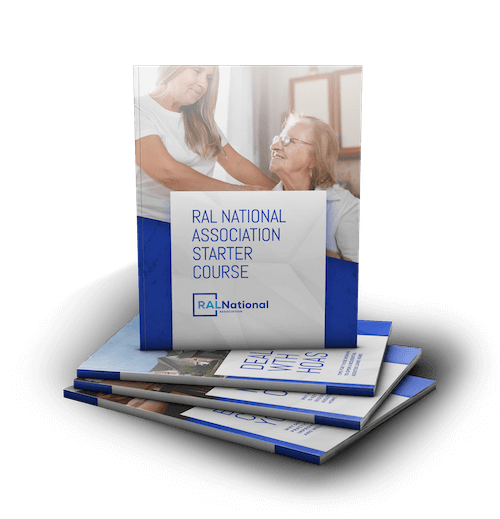[vc_row css_animation=”” row_type=”row” use_row_as_full_screen_section=”no” type=”full_width” angled_section=”no” text_align=”left” background_image_as_pattern=”without_pattern”][vc_column][vc_empty_space][vc_column_text]
MUSIC IS ANOTHER GREAT WAY TO STIMULATE THE BRAIN
[/vc_column_text][vc_empty_space height=”16px”][vc_column_text]I am sure that most of us have experienced music’s ability to provide comfort, bring back memories of the past and evoke a whole host of emotions that have caused us to ponder the big questions of life. Many of us have benefited from music therapy without even recognizing that it was therapy. More than just the cognitive benefits, music can also be a great mood changer or stabilizer and provide benefits that address the emotional issues of people of all ages.[/vc_column_text][vc_empty_space height=”16px”][vc_column_text]Music therapy has been adopted by psychologists for years and it can be especially effective when dealing with age-related issues like chronic pain, memory impairments, depression and general stress. Listening to comforting music has been found helpful to people dealing with stress and anxiety by slowing down the heart rate, creating a feeling of ease and reducing the levels of the stress hormone cortisol. In memory care treatments music therapy is used to slow the decline of speech skills found in dementia patients. There are some cases where music therapy was effective in inspiring nonverbal individuals to communicate with humming or singing.[/vc_column_text][vc_empty_space height=”16px”][vc_column_text]
Music therapy may also have the benefit of improving cognitive abilities in aging adults and recent studies have found that certain rhythmic music can stimulate particular areas of the brain to increase blood flow and improve performance in cognitive tests. I don’t know about you, but I can definitely relate to this. Certain music just seems to have the ability to engage your mind like nothing else can. I can’t even count how many times I got through 4 to 10 hour long study sessions in college with relative ease because I had specific albums on loop in my headphones. Good music can inspire and motivate you to push through difficulties and it can also help mundane activities come to life.
[/vc_column_text][vc_empty_space height=”16px”][vc_column_text]Another great benefit of music therapy is its ability to bring people together. Music is a language that overcomes all barriers of race, creed, religion, background and every other distinction found in society. Music helps unlikely individuals communicate and connect in ways that few other mediums can, which is especially beneficial in residential assisted living, helping alleviate feelings of loneliness and isolation among seniors.[/vc_column_text][vc_empty_space height=”16px”][vc_column_text]Music is a wonderful thing to experience as a passive listener, but it can be even more engaging on a cognitive level when you actively participate in its creation. As older adults find themselves with more time on their hands after retirement, it can be a great chance to try something new, like learning to play a musical instrument. Learning and playing an instrument offers endless opportunities to keep one’s mind engaged because there will never be a shortage of songs to learn or a limit to how an individual can express their creativity through the performance of each song. Playing an instrument, regardless of how simple or advanced, can provide a great sense of accomplishment, which helps in stimulating the brain’s reward system, increases the release of dopamine and triggers additional neural pathways in the brain.[/vc_column_text][vc_empty_space height=”16px”][vc_column_text]Music therapy doesn’t have to be complicated. You can start by simply playing music for the seniors in your RAL home and offer them the opportunity to participate as they feel comfortable. Once they start engaging with the music, maybe you bring in some simple rhythm instruments, like egg shakers and tambourines, and encourage them to play along. As you begin to see them respond more to the music there is really no limit to ways you can inspire them to creatively immerse themselves in it. There are even companies that you can hire who will send music therapists to your residential assisted living home and work with your residents. But there are also plenty of organizations, community youth and religious groups that you can find locally to provide similar services free of charge.[/vc_column_text][vc_empty_space][vc_separator css_animation=”fadeIn” type=”normal” color=”#eaeaea”][vc_empty_space][vc_row_inner row_type=”row” type=”full_width” text_align=”left” css_animation=””][vc_column_inner width=”1/6″][/vc_column_inner][vc_column_inner width=”2/3″][vc_single_image image=”99″ img_size=”medium” alignment=”center” qode_css_animation=””][vc_empty_space height=”10px”][vc_column_text]
If you found the information on this article valuable, you’ll find enormous benefits by becoming a member of our community. Visit this page to become a RALNA Member.
[/vc_column_text][/vc_column_inner][vc_column_inner width=”1/6″][/vc_column_inner][/vc_row_inner][vc_empty_space][/vc_column][/vc_row]











